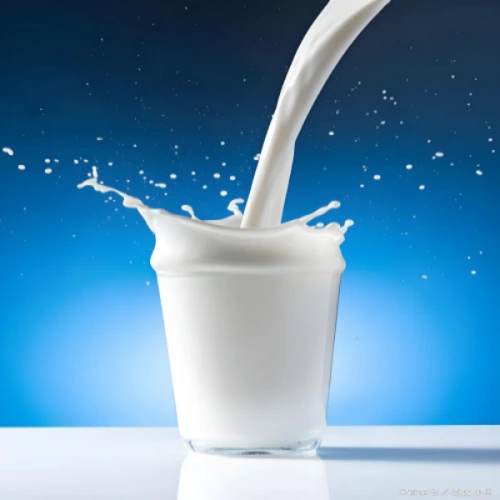The Precision Science of Dairy Filling: From Farm to Shelf-Ready Packaging

The Packaging Imperative
Light and oxygen are milk’s greatest enemies. PET emerges as the champion material – blocking 99% UV light while offering superior oxygen barriers (O₂ transmission <0.5 cc/m²/day). Kreon’s bottle design studies confirm PET’s dominance:
-
Weight advantage: 30% lighter than glass → 22% lower transport emissions
-
Safety: Shatter-proof construction reduces contamination risks
-
Consumer convenience: Resealable caps eliminate foil seals
Market Insight: Global dairy packaging will hit $38.2B by 2027 (Smithers), driven by PET’s versatility across milk filling machine formats.
Tailored Filling Technologies for Every Dairy Product
Fresh & ESL Milk: Speed Meets Precision
Requires 4°C filling within 24h of pasteurization
-
Glass milk bottle filling machines: Premium segment solution with rotary rinser-filler-capper blocks (2,400 bottles/h)
-
Aseptic milk pouch filling machines: Triple-layer co-extrusion films + nitrogen flushing → 45-day shelf life
-
Semi-automatic milk filling machines: Ideal for small-batch dairies (<500L/h) with CIP automation
UHT Milk: Engineering Shelf Stability
*Processed at 138-150°C/2-4s → 9+ month ambient storage*
-
Aseptic carton lines: Tetra Pak-style systems filling 12,000 units/h with <0.01% defect rate
-
HD bottle milk filling machines: Preforms sterilized by H₂O₂ plasma → stretch-blow-fill-seal in ISO Class 5 environment
Cutting-Edge Filling System Architectures
Liquid Milk Masters
| Machine Type | Throughput | Key Innovations |
|---|---|---|
| Automatic milk bottle filler | 10,000 bph | Counter-pressure filling ±0.5% accuracy |
| Milk sachet filling machine | 3,600 sachets/h | Ultrasonic sealing + inline weight checks |
| Rotary pouch fillers | 2,500 pouches/h | Vision-guided spout welding |
Powder & Specialty Systems
-
Milk powder filling machines: Auger dosing with ±1g precision + moisture-controlled hoppers
-
Functional additive injectors: Vitamin D/calcium fortification during final homogenization
The Economics of Efficiency
-
Small milk filling machines: Entry-level solutions from $25,000 (manual operation)
-
Industrial automatic fillers: $200k-$1.2M with <2-year ROI at 15,000L/day production
-
Sustainability payoff: Lightweight PET reduces logistics costs by 18% (FDA Life Cycle Assessment)
Sterility Assurance: Non-Negotiables
-
Triple-barrier protection:
-
Container sterilization: H₂O₂/PAA mist or e-beam
-
Environment: ISO Class 5 cleanrooms
-
Filler zone: Positive pressure air curtains
-
-
Microbiological guardrails:
-
ATP swab testing every 4h
-
72h accelerated incubation samples
-
Technical Note: Kreons’ aseptic filling systems achieve 10-year sterility guarantees – the industry’s highest certification.
Future-Proofing Dairy Packaging
-
Smart integration: IIoT sensors predicting seal failures 8h pre-occurrence
-
Circular materials: 30% rPET bottles with identical barrier properties
-
Hyper-personalization: Digital printing allowing batch-sized 1,000-unit runs
From semi-automatic milk filling machines servicing local farms to fully robotic liquid milk filling lines producing 60,000 cartons per hour, precision engineering ensures every millilitre retains its nutritional integrity. As consumer demand diversifies, the milk filling machine—especially in its modular form—remains the dairy industry’s unsung hero.

